
From comfort to function: How snacking is being redefined
Today’s consumers are redefining snacks, favouring products that combine nutrition, heritage, and convenience
News & Analysis on Food & Beverage Development & Technology

Today’s consumers are redefining snacks, favouring products that combine nutrition, heritage, and convenience

Protein, fibre, nootropics and antioxidants are emerging as key functional ingredients shaping food and drink innovation as wellness continues to steer buying decisions

From maintaining growth in protein and specialized nutrition to propping up plant-based and creamers, here’s what Danone must focus on

Experts say blended protein, fermentation, and mushrooms could revive Asia’s alt-protein market with better nutrition and affordability

New data shows than balanced meals, rather than focusing on one nutrient such as protein, are more closely linked to kids’ healthier weight development

The supplementation of soy protein has been shown to improve muscle health and modulate the gut microbiome – findings that a group of Chinese researchers say would support the gut–muscle axis hypothesis.
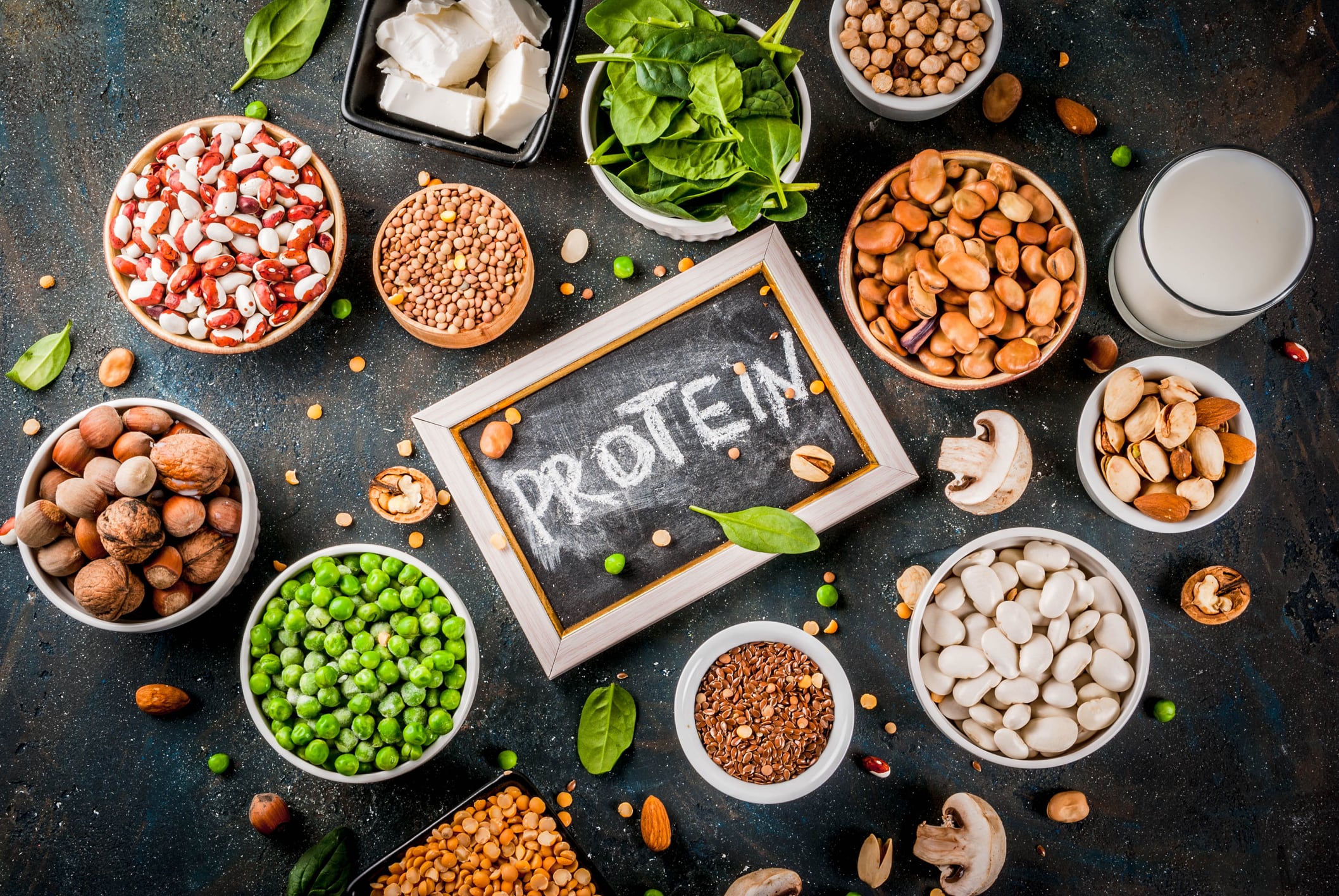
From mung bean snacks to microalgae desserts, familiar and healthier formats are emerging as key levers to help alternative protein firms scale
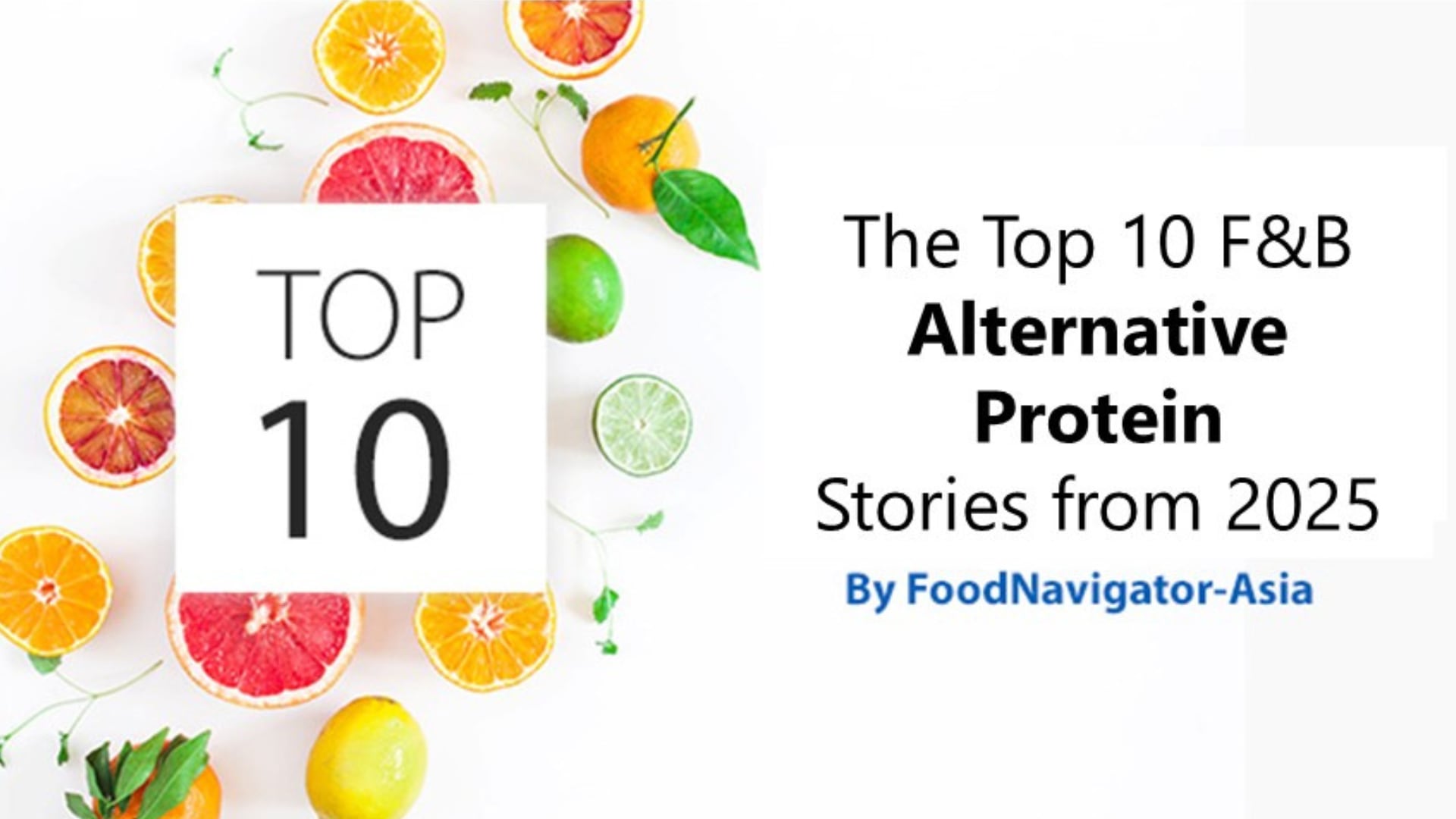
We reveal the top 10 most popular alt protein stories from this year, from leaf-powered protein to cultivated seafood and more
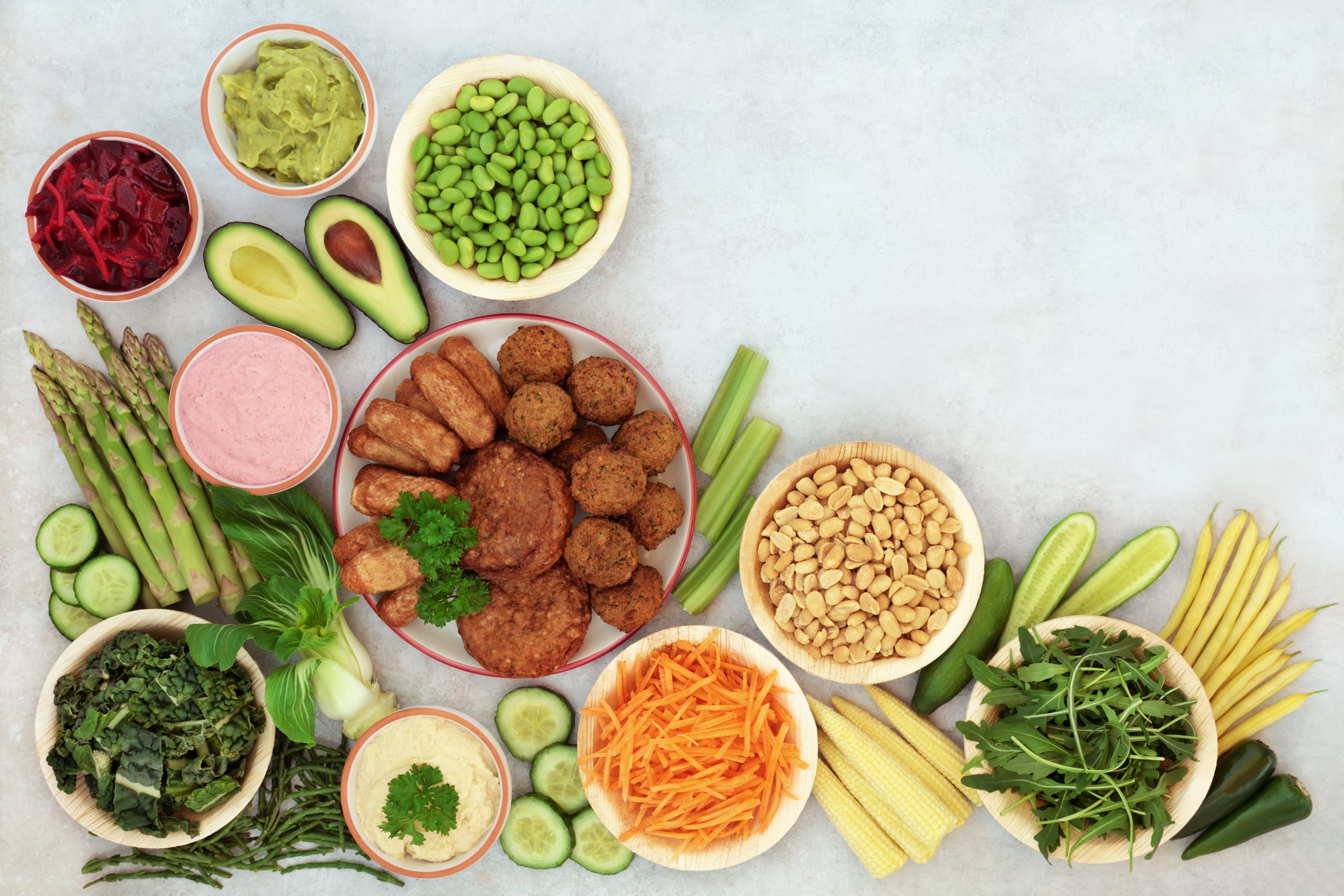
Why is Asia so slow to embrace alternative proteins despite its great protein needs? A new report uncovers the main roadblocks and drivers to overcome these

Calbee, NielsenIQ and PepsiCo are some of the biggest names giving keynote presentations at this year’s Growth Asia Summit.

Hybrid meat and dairy strategies are evolving in four key ways
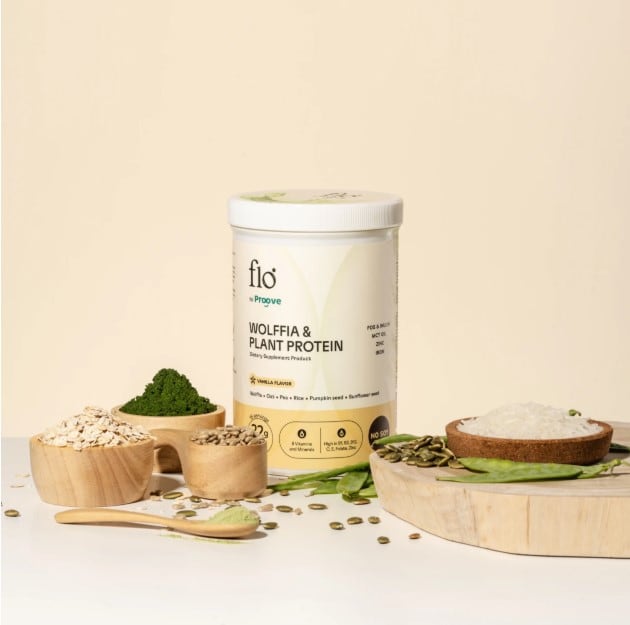
Thai brand Flo turns local superfood wolffia into protein drinks and flavour enhancers, tapping global demand for convenient, healthy foods

Amid the many uncertainties and changes seen by the food industry, we believe these three emerging categories have the potential to drive major change in the coming year

From Modi’s anti-obesity campaign to regulatory news and start-up innovations, we feature the top 10 most-read India stories from the past year

From cheese bites to RTD beverages, dairy is primed for success in the healthy snacking space

Sentimentality and health are increasingly influencing consumer snack choices, as they seek comfort, tradition and emotional connection in their purchases

The new grant, powered by the Bezos Earth Fund and the Singapore government, aims to advance the development of Sustainable Protein in the region, supporting innovators to accelerate their products’ to-market entry

See our top 10 most-read science, research and technology stories from this year, featuring ‘Nobel Prize-worthy’ theabrownin, Meiji protein study, cell-cultured coffee and more

Longevity is redefining consumer behaviour. Here are the top five nutrition trends every food and beverage brand needs to know
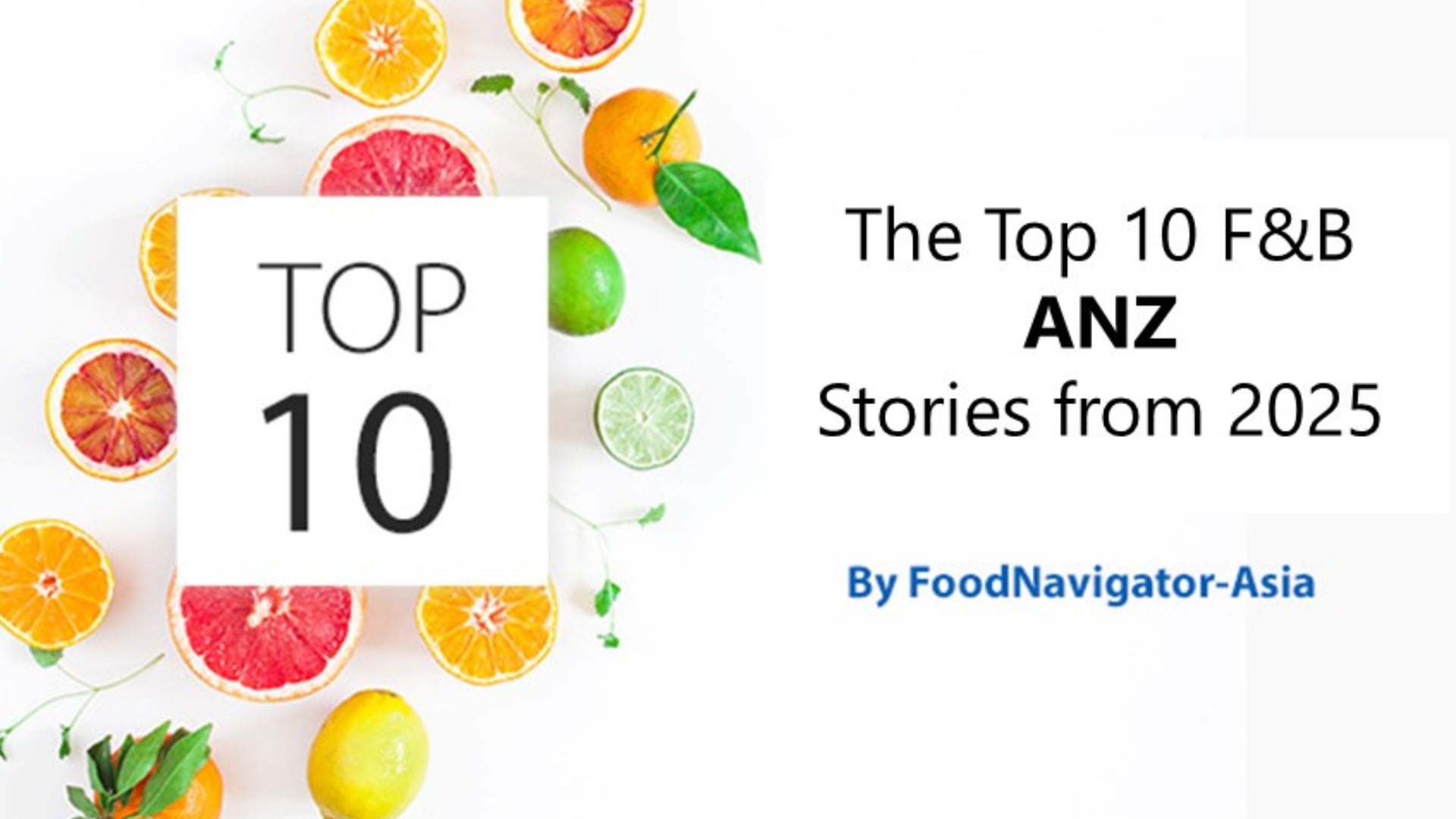
Here are our top 10 ANZ stories this year, with a spotlight on healthier and sustainable innovations, alternative proteins, regulatory updates, and more

The maker of Asahi Super Dry released a unique plant-based drink – and took the Japanese market by storm
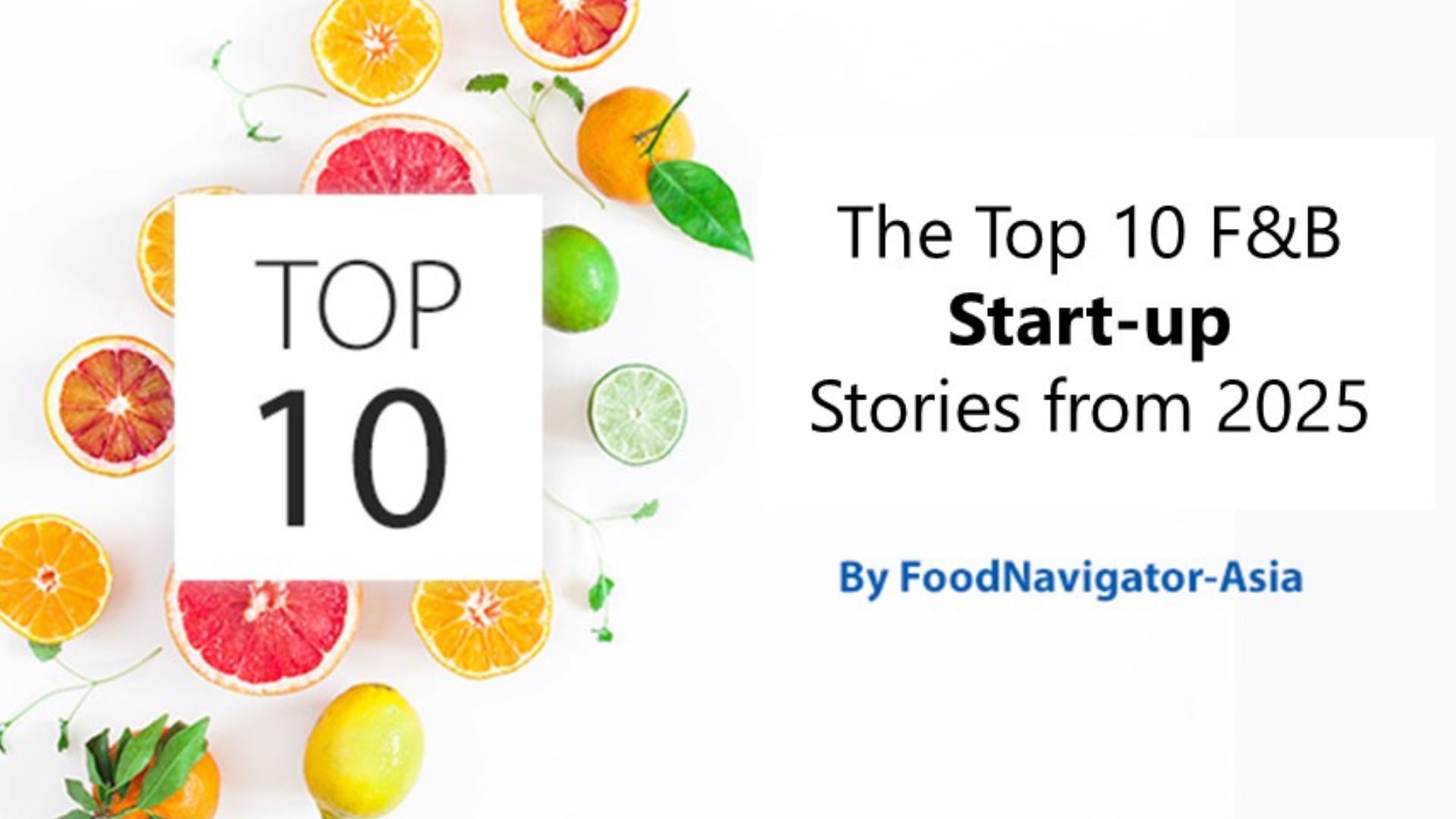
Here are our top 10 start-up stories of 2025, spanning innovations from mood-boosting candies and bean-free coffee to cultivated seafood and novel protein ingredients

We take a look at five of the most crucial APAC food & beverage trends redefining the industry in 2026, from localisation and AI driven-growth to new innovation directions

EU dairy exporters face new border duties as China seeks to shield its domestic industry amid oversupply and falling prices
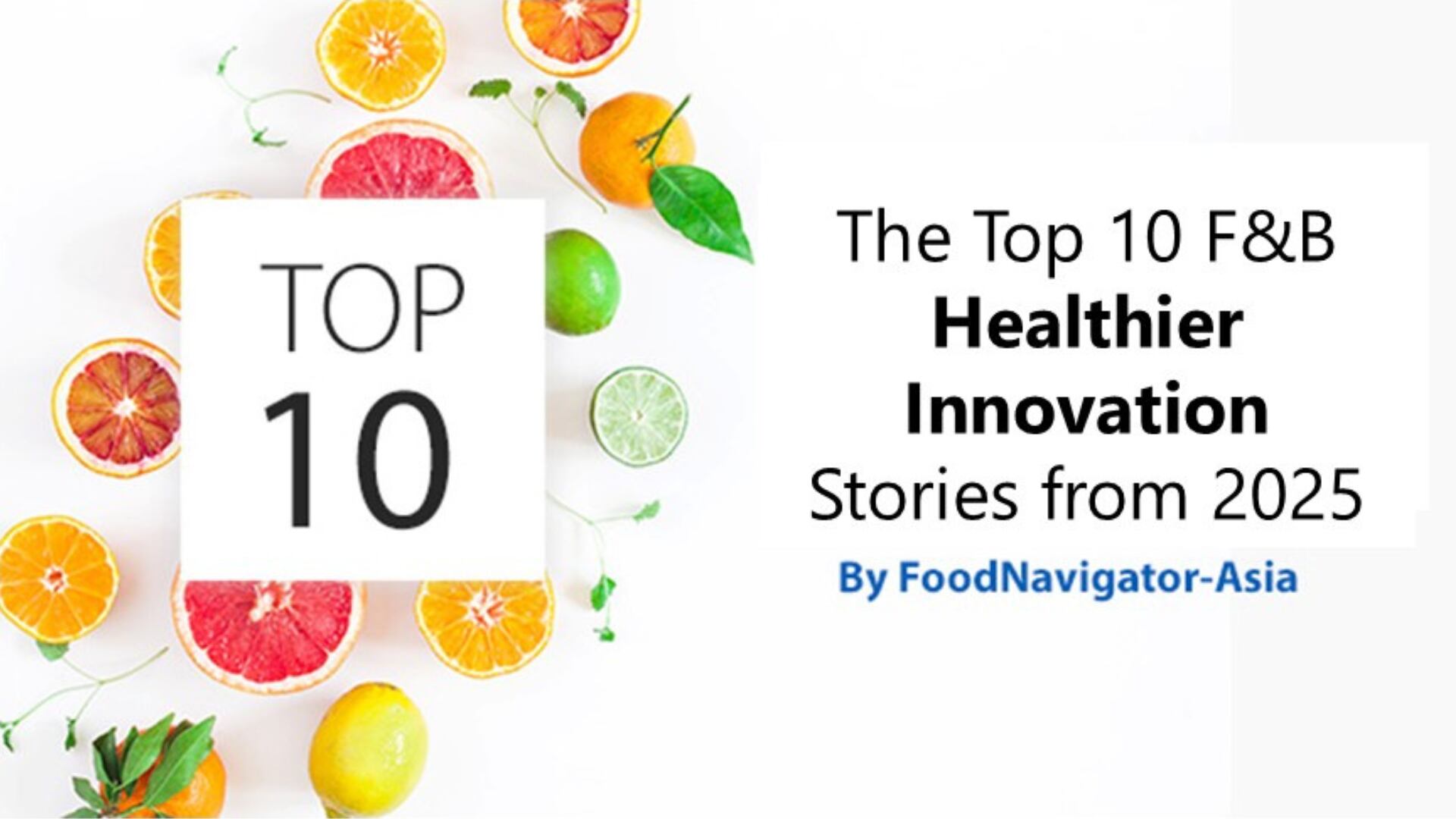
We reveal the top 10 healthier innovation stories of 2025, spanning functional ingredients, product reformulation, sugar and sodium reduction, and the growing focus on preventative health

Singapore-based Mottainai has created a brownie-flavoured lager in its journey towards upcycled products for wider commercial use
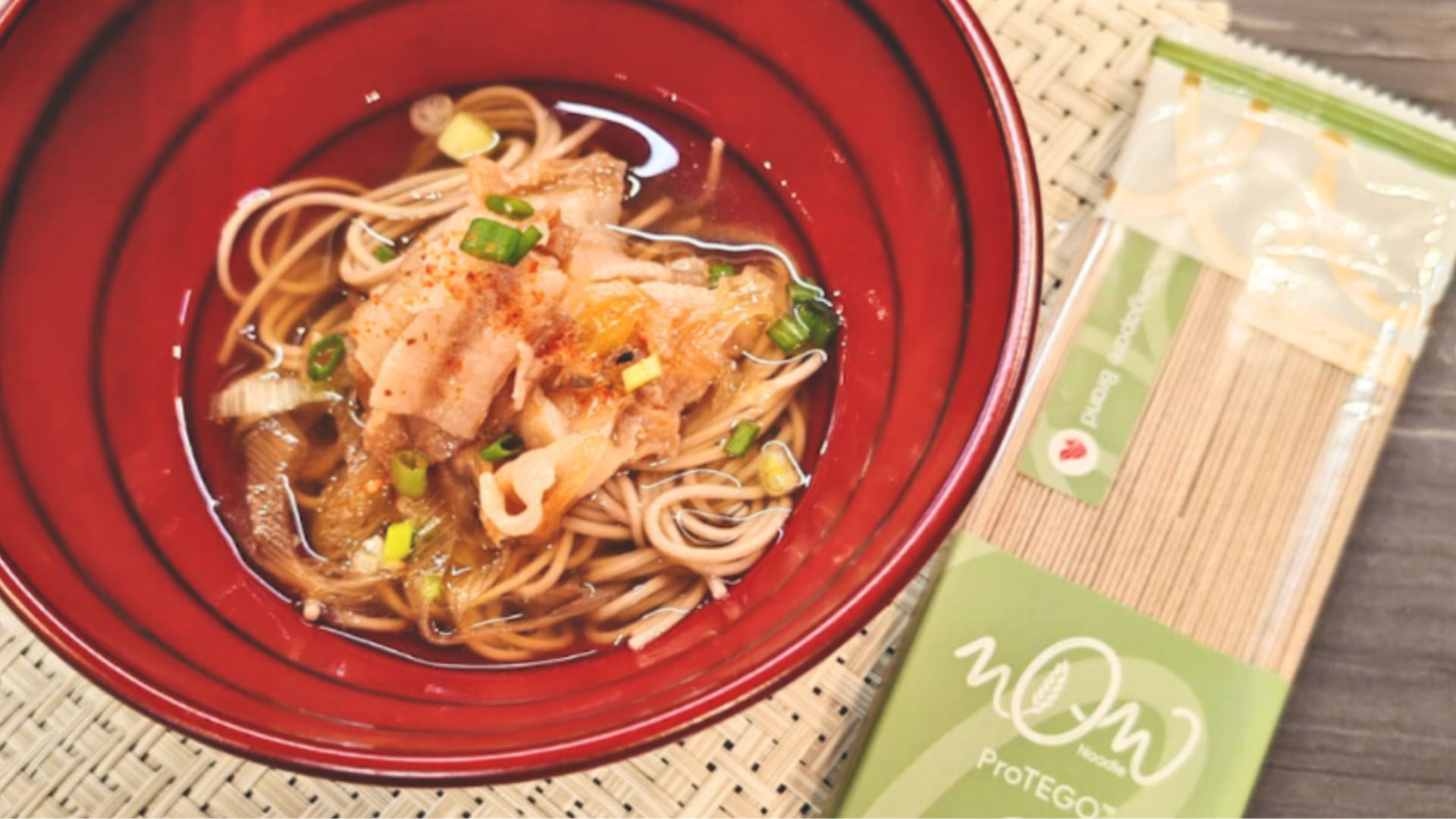
KosmodeHealth has turned peanut and sweet potato byproducts into low-GI noodles designed to deliver energy without sugar spikes
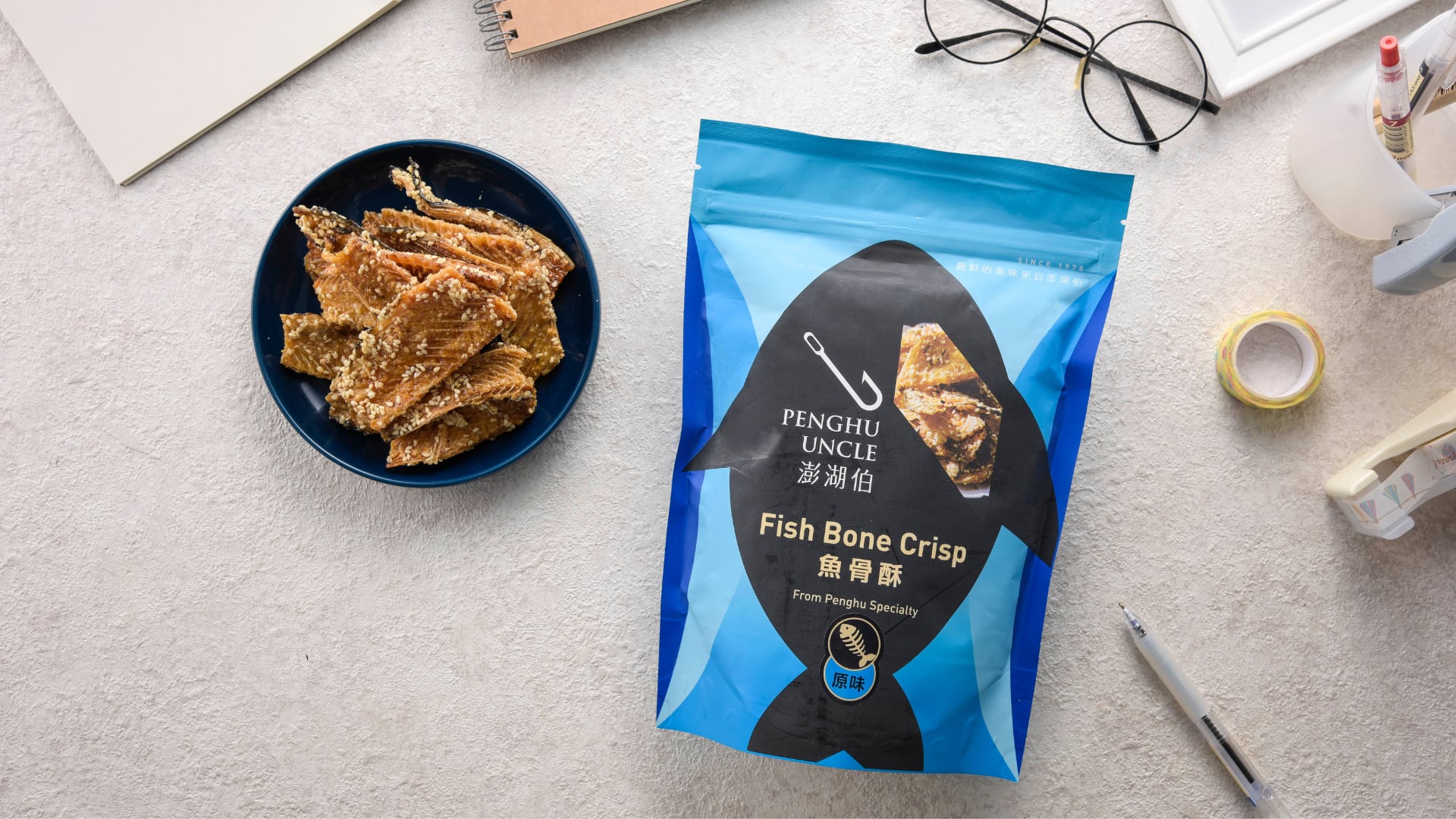
Kaohsiung Food Show 2025
Taiwan’s Penghu Uncle is transforming discarded fish skin and bones into savoury upcycled crisps with an eye on the ASEAN snack market

The next wave of food tech is boosting production through innovation, efficiency and lessons from the past. Explore 3 key technologies – and pitfalls to avoid

New Nestle CEO Philipp Navratil has reset Real Internal Growth (RIG) as his ‘most important’ priority moving forward – but just how will his plans for this impact APAC?

Thai food giant CP Foods has developed a dedicated platform to support consumers making healthier food choices towards preventative healthcare

Protein’s still flexing hard, but it’s left the gym and hit the grocery aisle

Barista oat drinks, fibre-rich soy, and functional carton formats are some of the ways to support healthier, convenient, and sustainable product launches
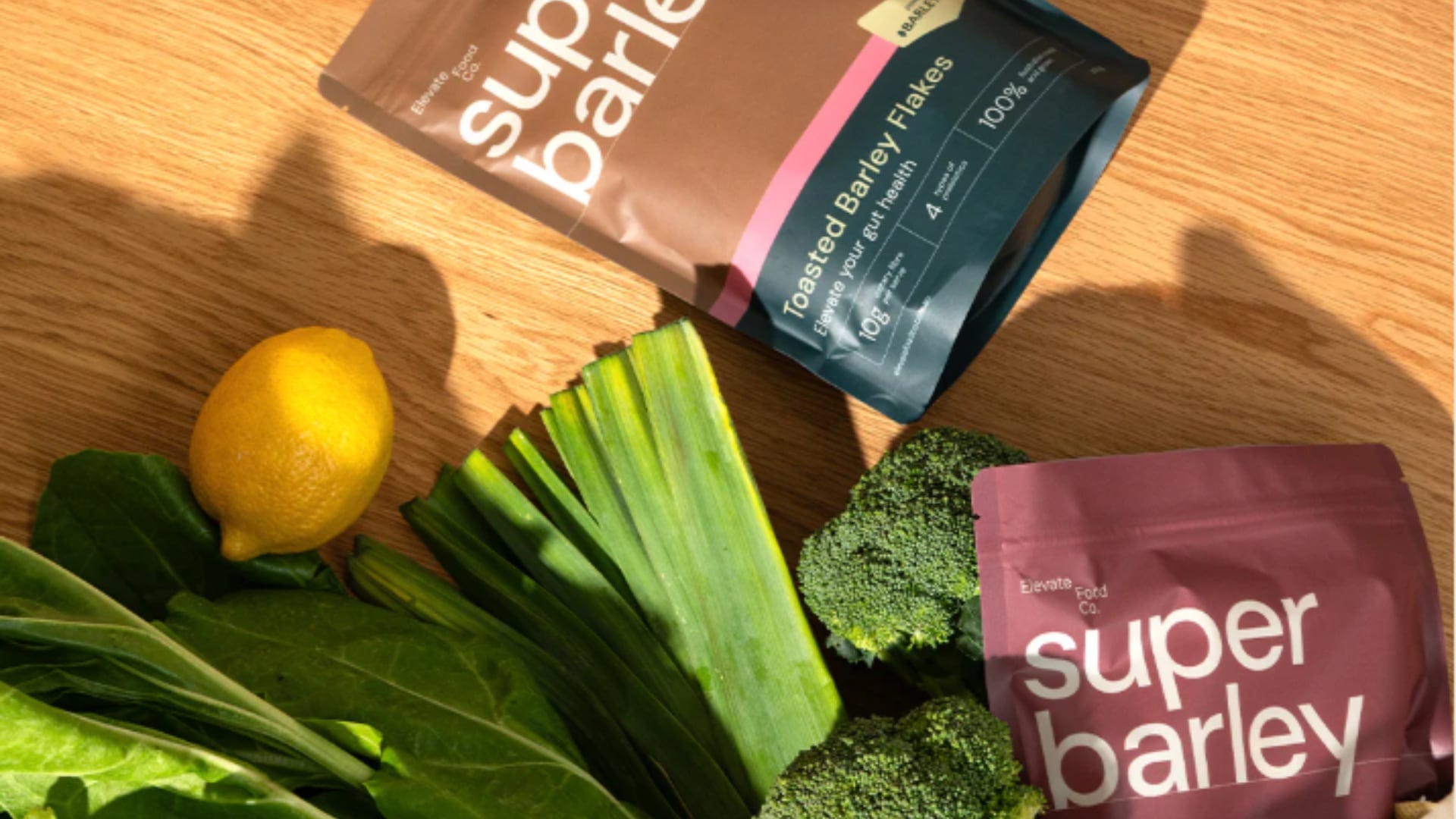
Award-winning gut-friendly supergrain BARLEYMAX eyes growth in elderly nutrition, infant formula, and high-fibre bakery products
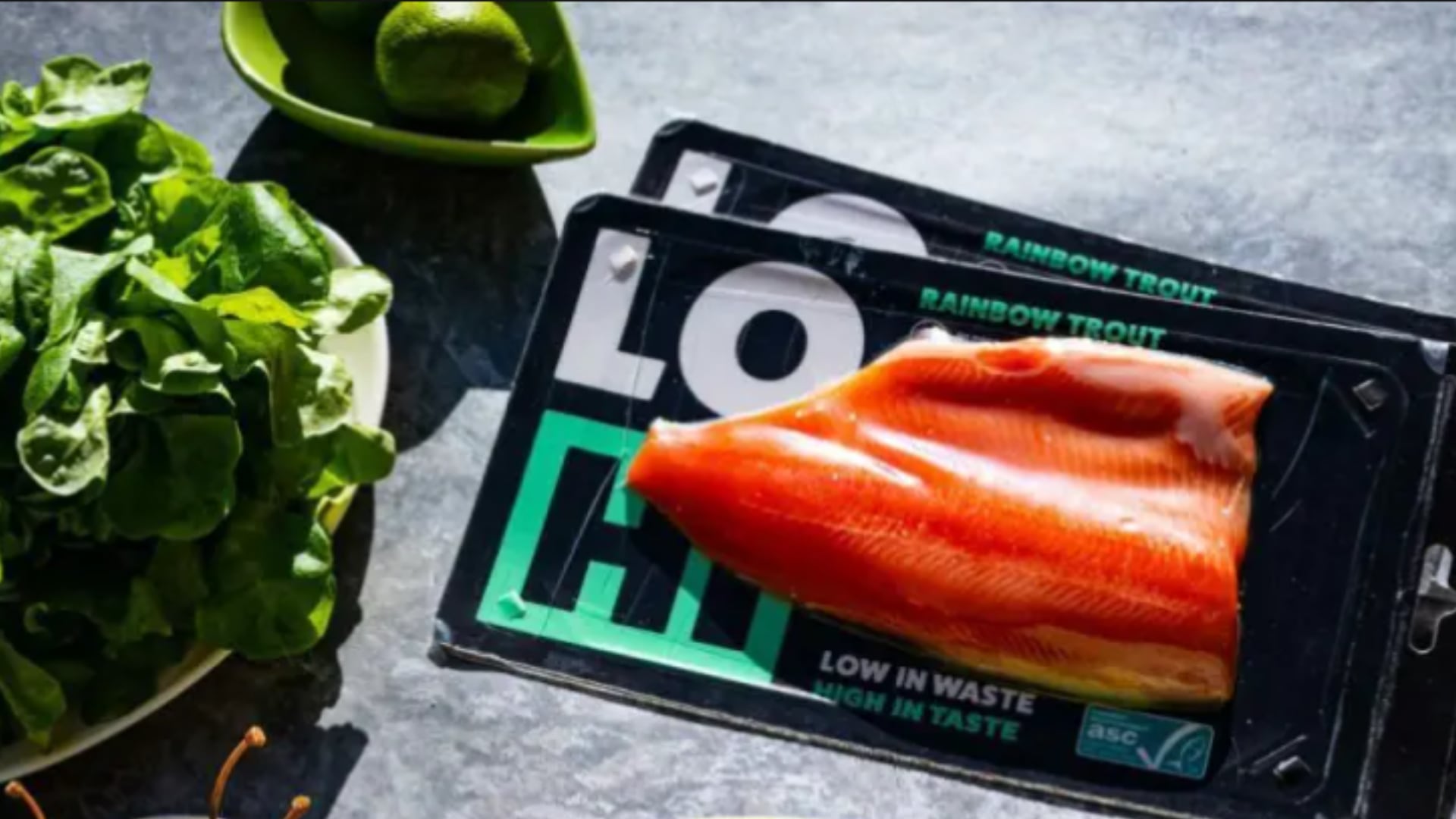
Finnforel has launched sustainably farmed rainbow trout in UAE, tapping the country’s fishing heritage and demand for clean-label convenient nutrition
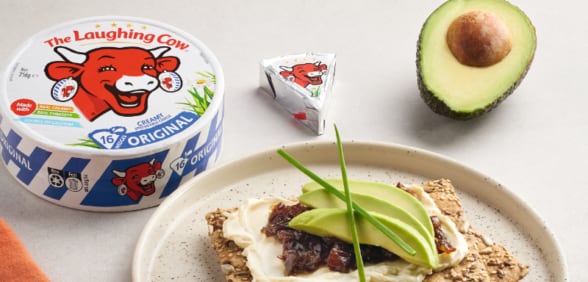
APAC Agri-food Innovation Summit
Dairy heavyweight Bel Group is exploring precision fermentation as a strategy to reshape dairy production and meet evolving protein needs

How the food industry can support women in perimenopause with functional ingredients like protein, omega-3s and fibre

Fi Asia 2025
At Fi Asia 2025 in Bangkok, four functional ingredients stood out as APAC consumers seek sustainable, traditional foods to support healthy lifestyles

APAC dairy demand is rising as consumers seek nutrient-rich snacks, while plant-based options offer sustainable, indulgent alternatives, experts say

As talks between the two parties fall through, one question looms large: will Julie Smolyansky’s leadership survive?

NECTAR to unveil consumer insights that may pave the way for mainstream adoption across Asia

In response to US reciprocal tariff rates, Thai Union is planning expansions of its overseas manufacturing sites such as Ghana and the United States

Exclusive: New Zealand-based Leaft Foods partners with Lacto Japan to bring its leaf protein into staple categories such as bakery and dairy foods

Japan’s Morus plans ASEAN and EU expansions for its silkworm protein powder, backed by new funding and growing functional food demand

Weak demand and falling ambient milk sales weigh on Chinese dairy giant Mengniu’s H1 results, highlighting pressures in the local dairy market

Vow cultured quail, Samyang plant-based and more feature in this edition of Alt Protein Watch

Food tech firm Mottainai made its soy-based meat with public health in mind – a tenet that guides its food safety and nutrition policy to build consumer trust
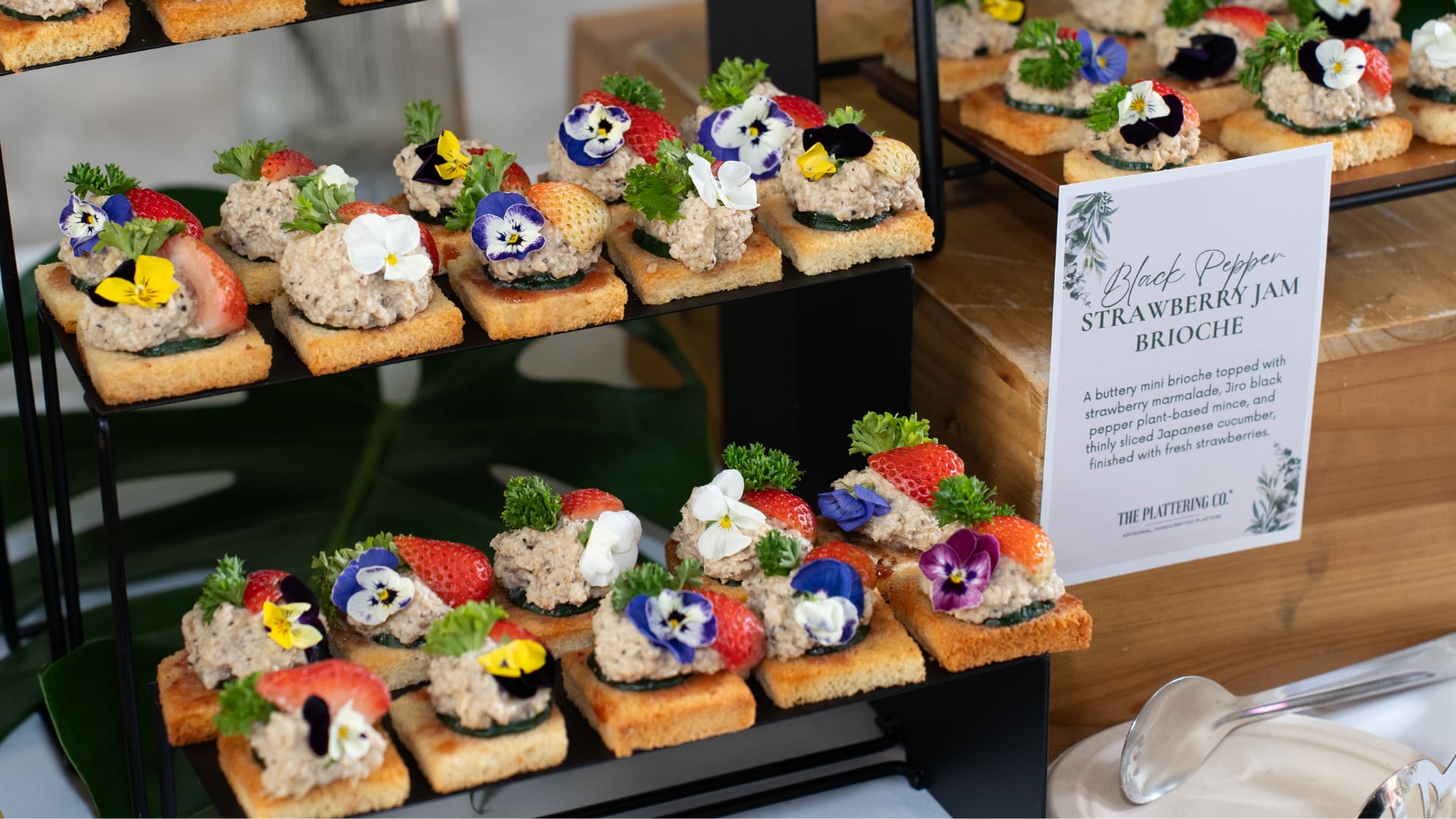
‘Sustainability alone is not enough’ – Food tech firm Mottainai ramps up commercial scale beyond okara-based meat

This edition explores China’s growing beef demand, SEA localisation strategies, Meiji’s protein push, and key trends in the nation’s food and nutrition market

Vow’s cultured quail, sustainable Brazil nuts, Kantin Lab’s Asian snacks, and more feature in this roundup